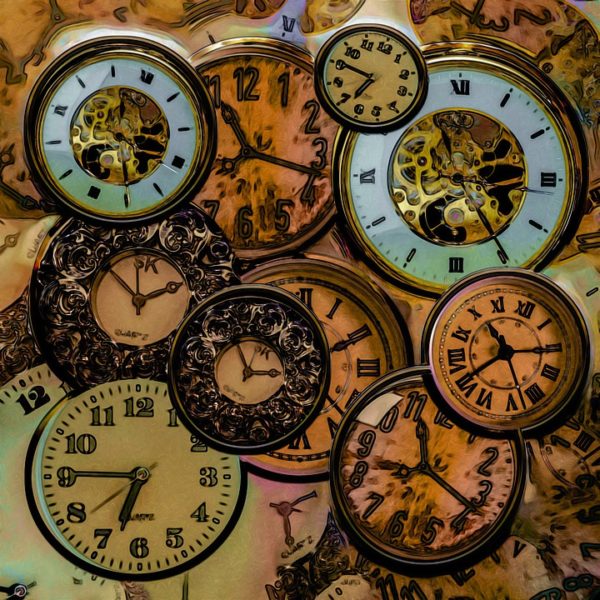
Time is the apparent progression of events from past to future. While it’s impossible to completely define the nature of time, we all share many common experiences bound by time: Causes lead naturally to effects, we remember the past but not the future and the evolution of time appears to be continuous and irreversible.
Einstein’s theory of special relativity revealed that the experience of the flow of time is relative to the observer and their situation. Previously, the work of Isaac Newton had assumed the existence of a “master clock” that kept synchronized time throughout the universe. This clock wasn’t really thought to exist, but the concept allowed Newton’s equations to work. The key idea was that all observers could agree on the exact same moment of time, according to the Internet Encyclopedia of Philosophy.
However, building on work before him, Einstein discovered that the passage of time is relative. In special relativity, moving clocks run slowly; the faster you move in space, the more slowly you progress through time. The closer you get to the speed of light, the greater this effect becomes.
“Writer Fuel” is a series of cool real-world stories that might inspire your little writer heart. Check out our Writer Fuel page on the LimFic blog for more inspiration.

